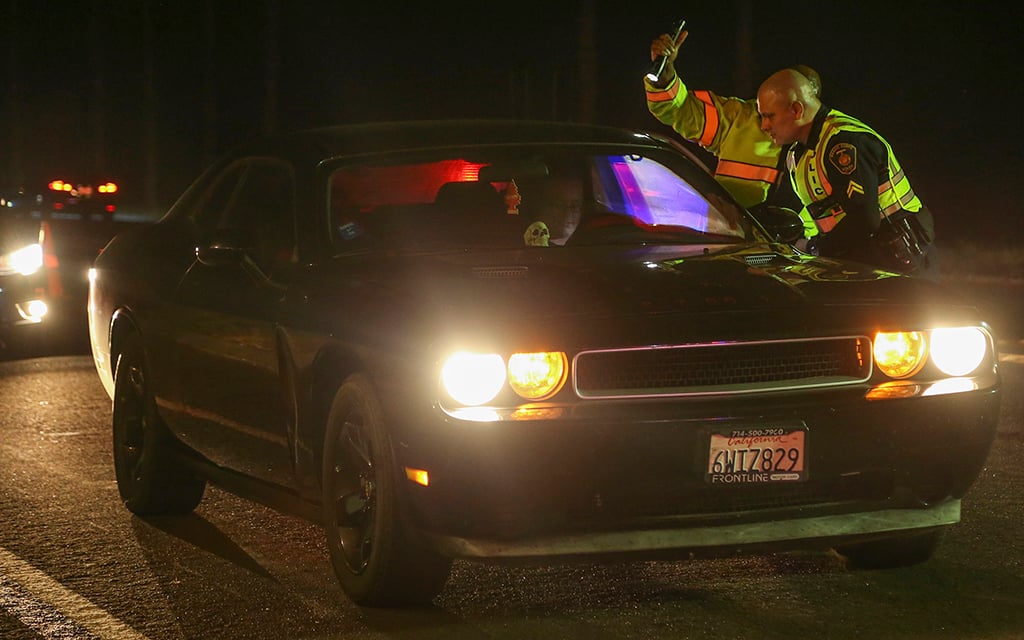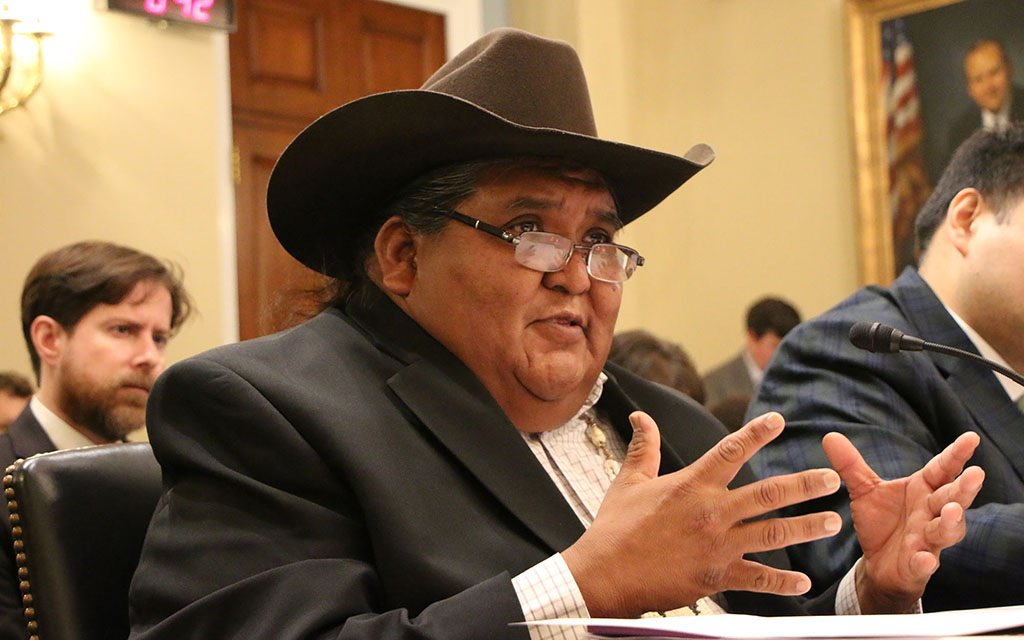WASHINGTON – It’s a “scary” trend that border county officials say is getting scarier: Mexican cartels paying teenagers from throughout the country to smuggle illegal migrants across the state as “load car” drivers.
“We’ve had them from every state in the lower 48 down here,” said Robert Watkins, commander of the Cochise County Sheriff’s Office patrol and special operations division. “We have 1,500 smugglers coming into Cochise County a month to transport people.”
Yuma County Sheriff Leon Wilmot says the trend has “been going on since 2020, and it’s just increased as you’ve seen more and more people coming across (the border).”
Wilmot said cartels will post on social media platforms offering teens thousands of dollars for every migrant they pick up at the southern border and take to Phoenix or Tucson.
Watkins said this process is a significant shift in how smuggling is conducted. Cartels are singling out kids, he said, because “the federal government does not prosecute people under the age of 18 for trafficking or narcotics.”
He also believes that cartels are targeting teens who live in poorer communities.
“The cartels are actually setting up what’s called geofences around schools and in impoverished communities around the country,” Watkins said. “They’re flooding social media with these smuggling posts. So, if you think about it, what 15-year-old kid would not drive three hours to make $10,000?”
Load car driving has led to hundreds of incidents in Cochise County alone, with sometimes deadly consequences. As part of the operation, cartels encourage teens to speed away from law enforcement, and those speeds sometimes reach “well over 120 miles an hour through populated areas,” Watkins said.
It was during such an incident that Wanda Sitoski, 65, was killed in 2021 when police said a load car driver ran a red light as part of a smuggling operation in Sierra Vista. Police charged then-16-year-old Felix Mendez, a Mesa resident, with first-degree murder in the incident. Mendez is currently in jail awaiting trial and recently rejected a plea deal that would have sentenced him to jail for nearly 25 years.
Wilmot said this issue is particularly difficult to solve because most of the recruiting takes place on social media. This means any solution would require an increased level of cooperation from social media companies to combat the “pretty brazen” tactics used by smugglers.
“We have our intel units that are trying to work with the social media companies to pay more attention to this kind of stuff because it’s going to be up to social media monitoring this type of activity,” Wilmot said.
Repeated requests for comment from TikTok, Meta, ES Social Media Management and other companies and associations were not returned.
But Watkins agreed with Wilmot, saying social media can expose teens “to every degree of evil in the world.”
“The cartel would not be able to bring people to the border from the South to smuggle, and the cartel could not use our youth as Uber drivers and have them come down here to pick up these migrants and transport them throughout the country,” Watkins said.


